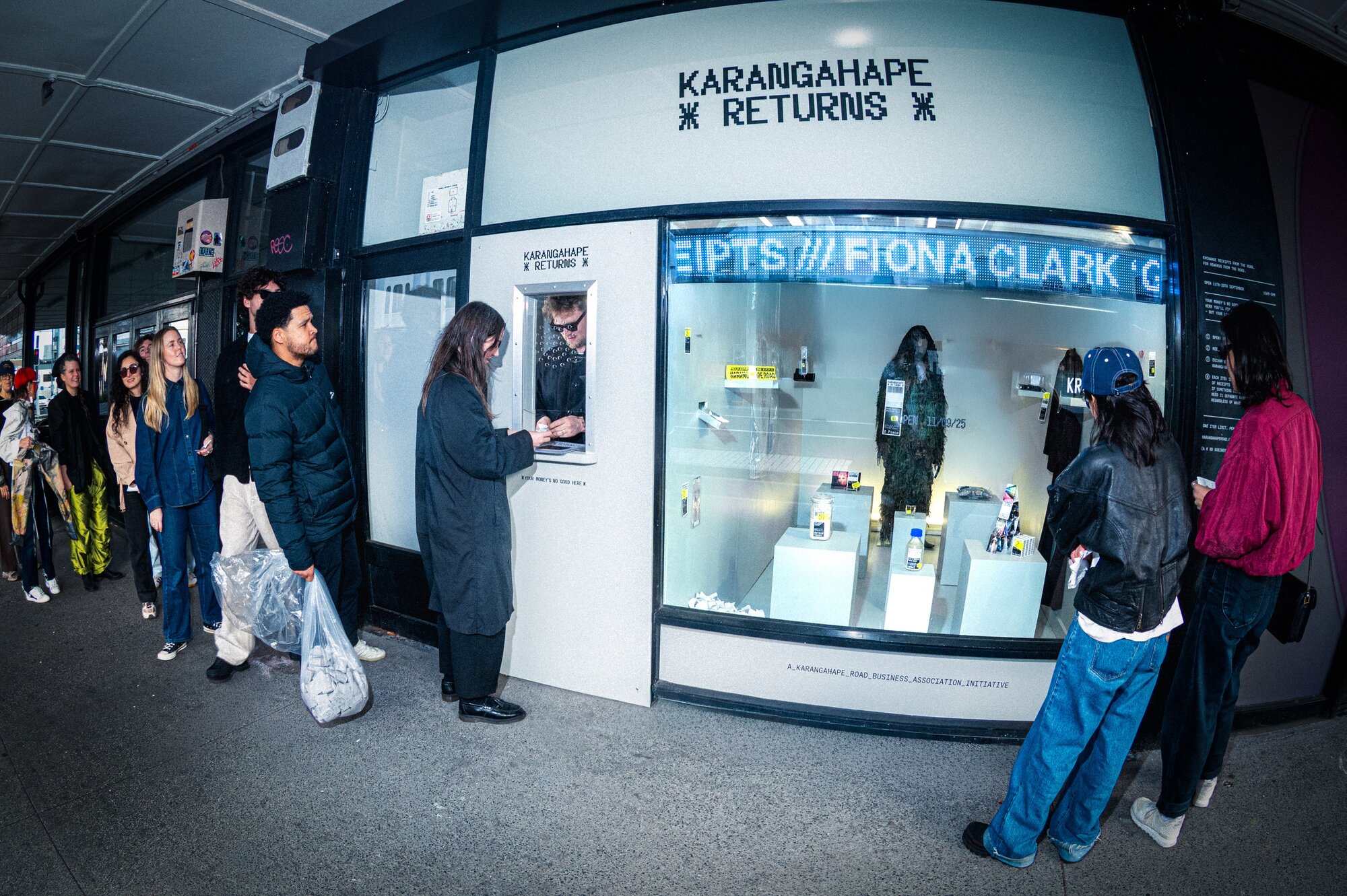Meta has quietly rolled out one of the biggest changes to Instagram and Facebook in years — and most brands haven’t clocked it yet.
As of July 10, 2025, public content from business and creator accounts is now being indexed by Google, Bing and other search engines by default.
That means your Instagram captions, bios, alt text and even old location tags can now show up in search results — right alongside your blog posts and website.
If you’re posting on autopilot, this is the wake-up call. Every post you create is now a potential search result.
What’s Changed — and Why It Matters
Here’s the simple version:
- Who it affects: Business and creator Instagram + Facebook accounts (public only)
- What’s included: Static posts, carousels, Reels, captions, alt text, bios, location tags
- How far back: Content from 2020 onwards
- What’s excluded: Stories, Highlights, personal accounts, under-18 profiles
Why it’s a big deal:
Before, your social posts were discoverable only inside Meta’s apps. Now, someone could Google a phrase like “best eco-friendly florist in Wellington” and — if you’ve used those words in your caption or bio — your post could appear in search results, even if it’s from two years ago.
That’s huge for reach, visibility, and long-tail discovery.
From Feed to Search: The New Way to Think About Social
This update blurs the lines between social media marketing and search engine optimisation (SEO). You’re no longer just fighting for attention in a scrolling feed — your posts are now part of the wider search landscape.
Here’s how to adapt without turning every caption into a robot-written keyword list.
1. Captions = Headlines
Think of your captions like blog titles:
- Use natural, relevant keywords (e.g. Auckland wedding photographer tips vs. A day in my life)
- Lead with the important stuff — search engines weight the first 8–10 words heavily
- Keep it human. Write for your audience first, then layer in keywords.
2. Your Bio Is Your Metadata
If your bio reads like a dating profile, fix it.
- Say what you do, where you do it, and for whom
- Work in your location or niche (e.g. Christchurch boutique florist, NZ-made skincare)
- Make it about clarity, not cleverness — algorithms can’t guess what “dream chaser” means.
3. Alt Text Is More Than Accessibility
Alt text now works double duty:
- Helps visually-impaired users understand your content
- Signals to search engines what’s in your image
Write it in plain language, describe the image, and naturally include a keyword if it fits.
4. Old Posts Have New Life
Because indexing goes back to 2020, your back catalogue matters.
- Audit your best-performing posts
- Update captions and alt text with keywords that match your current offers
- Hide or archive outdated promotions
Zooming Out: This Isn’t Just About Meta
Meta’s change is part of a bigger shift in how search works.
- Generative Engine Optimisation (GEO): Optimising so AI tools like ChatGPT or Bing AI pull your content into their answers.
- Answer Engine Optimisation (AEO): Structuring content so it appears as the answer to specific questions.
In short: Your captions could now be surfaced not only in Google results, but also quoted directly in an AI-generated answer. That’s free reach you didn’t have before.
The 4-Step Action Plan
- Audit your social accounts from 2020 onwards
- Create a list of brand, product, and location keywords
- Optimise your captions, bios, and alt text going forward
- Track search visibility using Google Search Console (yes, it works for social now)
The Takeaway
Meta just turned your Instagram and Facebook content into a searchable library.
The brands that win won’t be the ones posting the most — they’ll be the ones posting with search in mind.
So next time you write a caption, ask yourself: If someone Googled this topic tomorrow, would I want them to find me?







